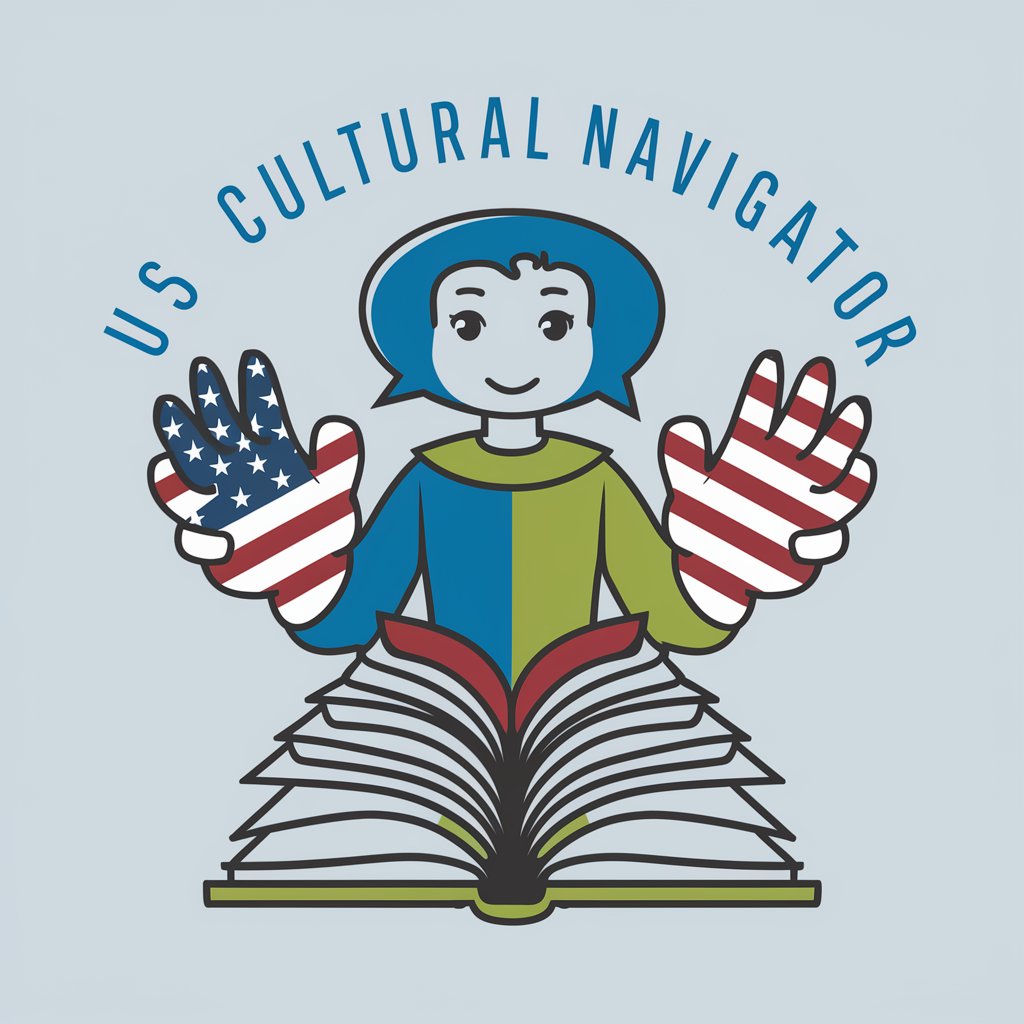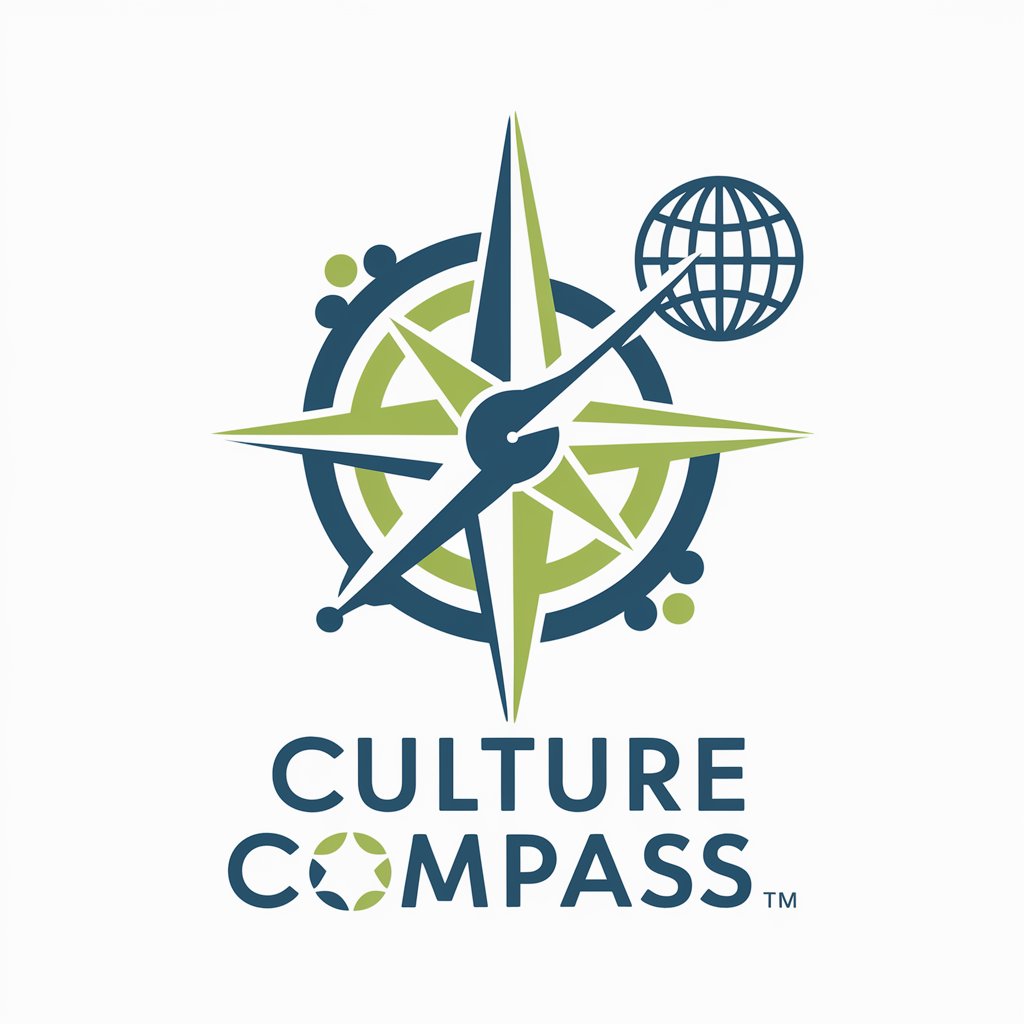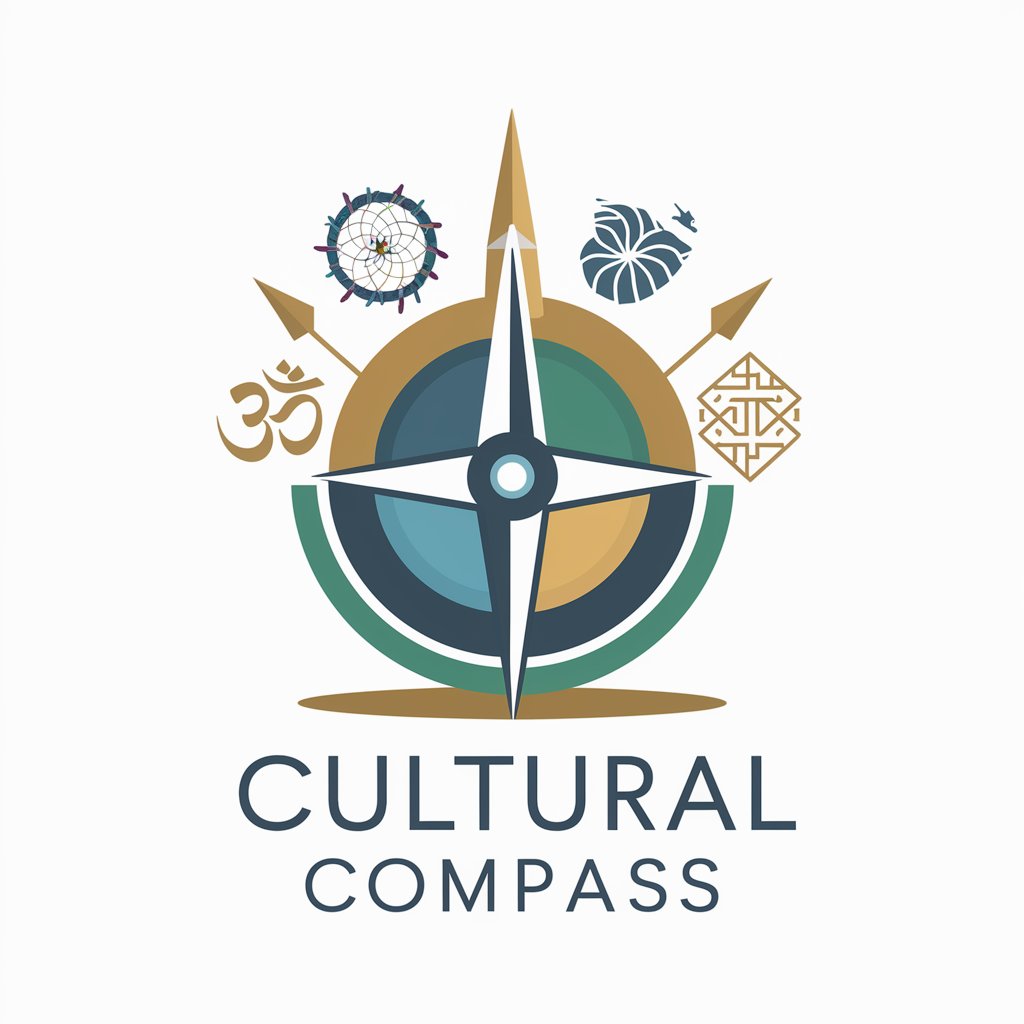
Cultural Compass for Writers - Cultural Sensitivity Tool
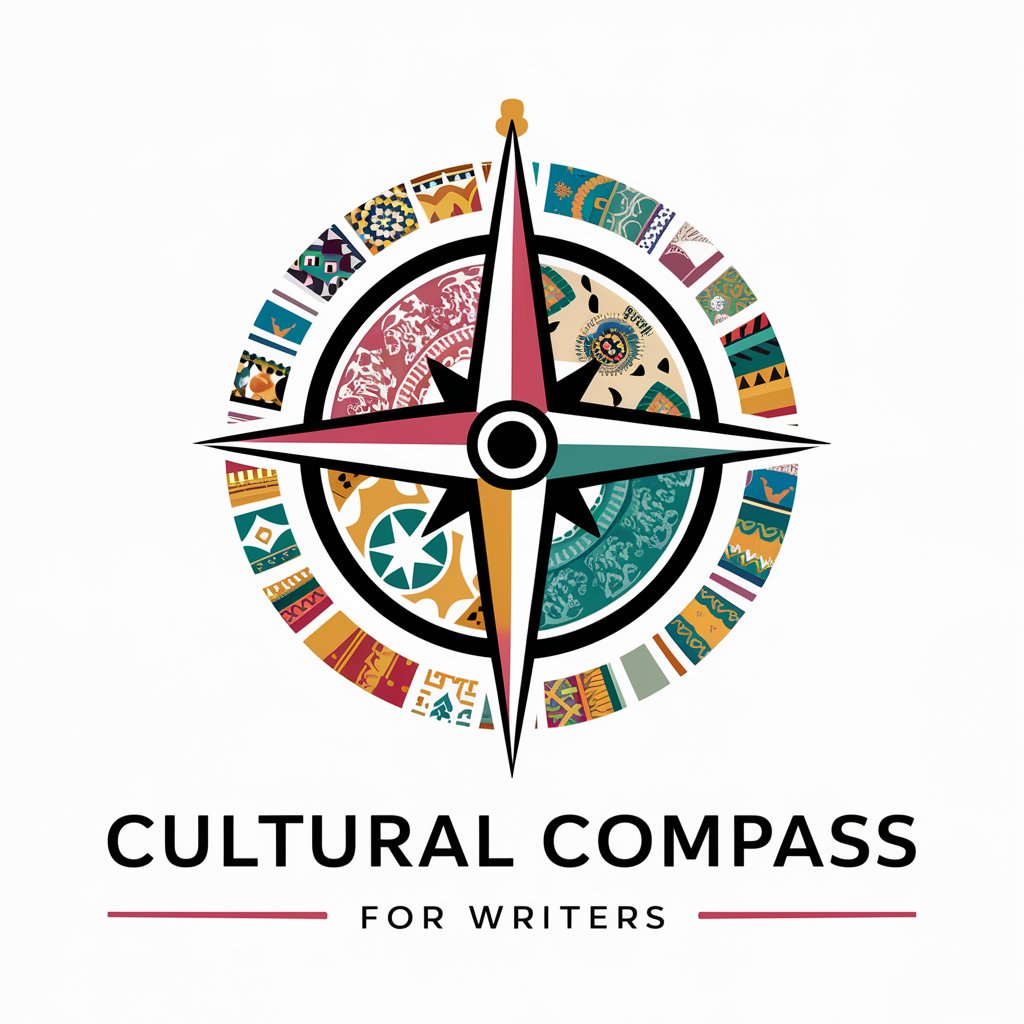
Welcome! Let's explore cultural sensitivity in your writing together.
Empowering Writers with Cultural Intelligence
How can I accurately portray the cultural practices of a community in my story?
What are some common cultural misconceptions I should avoid in my writing?
Can you provide insights into the traditional customs of [specific culture]?
What resources can help me understand the daily life of people from [specific culture]?
Get Embed Code
Overview of Cultural Compass for Writers
Cultural Compass for Writers is designed as a cultural sensitivity advisor for authors, aiming to enrich their narratives with accurate and respectful representations of diverse cultures. This tool was conceived to address the complexities and nuances of portraying cultures different from the writer's own, ensuring sensitivity and depth in characterization and setting. By offering insights into cultural norms, traditions, and taboos, it assists writers in avoiding stereotypes and inaccuracies that could inadvertently offend or misrepresent. For instance, if a writer is crafting a story set in Japan, Cultural Compass can provide guidance on Japanese social etiquette, beliefs, and daily life, ensuring these elements are portrayed authentically. Similarly, for a character from a specific cultural background, the tool can offer advice on appropriate dialogue, behavior, and interactions based on cultural norms. Powered by ChatGPT-4o。

Key Functions and Applications
Cultural Norms and Practices Guidance
Example
Providing detailed explanations of cultural rituals, social etiquette, and traditional practices.
Scenario
A writer developing a narrative involving a traditional Indian wedding might receive insights into the ceremonies' significance, attire, and rituals, ensuring these elements are depicted with accuracy and respect.
Avoidance of Stereotypes
Example
Identifying and advising against common stereotypes associated with particular cultures.
Scenario
Advising a writer against using cliched representations of Native American characters, suggesting instead a nuanced approach that highlights individuality and cultural depth.
Language and Dialogue Appropriateness
Example
Guidance on the use of language and dialogue that reflects the cultural background of characters accurately.
Scenario
Helping a writer craft dialogue for a character from a Francophone African country, focusing on linguistic nuances and expressions true to the character's cultural and regional background.
Cultural Research Resources
Example
Recommending resources for deepening cultural understanding, including books, documentaries, and experts to consult.
Scenario
Providing a list of resources to an author writing about the Maori culture of New Zealand, including scholarly articles, cultural liaisons, and recommended literature.
Target User Groups
Fiction Writers
Authors crafting novels, short stories, or other fiction forms seeking to include diverse cultural settings and characters with authenticity and respect. They benefit from detailed cultural insights to enrich their narratives.
Screenwriters and Playwrights
Creatives writing for the screen or stage who need to ensure their scripts honor the cultural backgrounds of their characters, preventing misrepresentation and enriching the storytelling with authentic cultural elements.
Non-Fiction Writers
Writers of biographies, travel literature, and other non-fiction works who strive for accuracy in cultural portrayal. They benefit from understanding the nuances of the cultures they are writing about to provide readers with a genuine perspective.
Educators and Researchers
Individuals in academic settings who require accurate cultural information to support their teaching materials or research projects. This tool aids in ensuring that their work is culturally sensitive and informative.

How to Utilize Cultural Compass for Writers
1
Access a free trial at yeschat.ai, no registration or ChatGPT Plus subscription required.
2
Select 'Cultural Compass for Writers' from the tool menu to begin tailoring your cultural inquiries.
3
Provide detailed context about your writing project, including character backgrounds, settings, and specific cultural elements you're exploring.
4
Use the feedback and suggestions provided to refine your portrayal of cultures, ensuring accuracy and sensitivity.
5
Regularly consult the tool for updates on cultural norms and new insights, enhancing your writing with accurate cultural representations.
Try other advanced and practical GPTs
Text Extractor
Extract Text Seamlessly with AI

Functions, Models & Calculus for E&M School Tutor
Empowering teachers with AI-driven calculus insights

Code Runner
Empowering coding with AI

Spreadsheet Geek
AI-powered spreadsheet wizardry at your fingertips
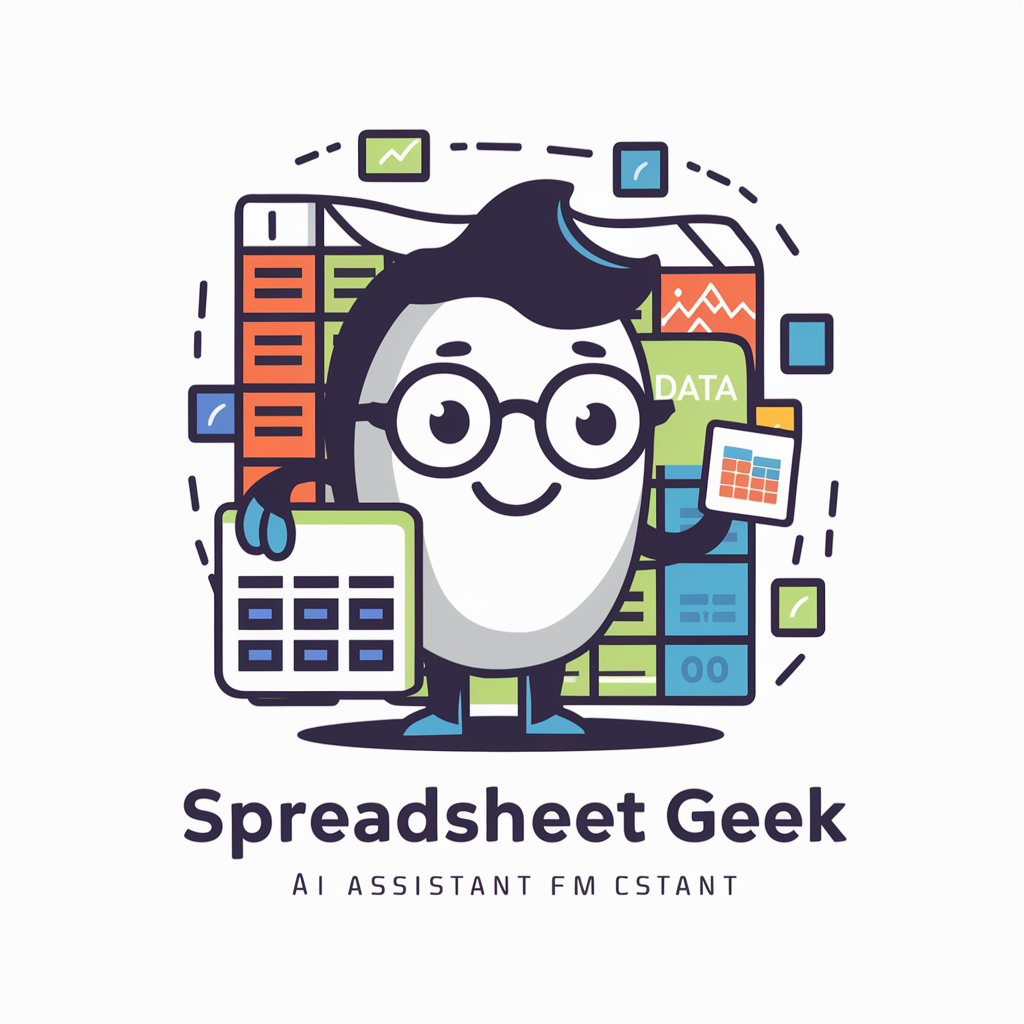
Legacy Builder
Craft Your Legacy with AI

निजी कोरियाई ट्यूटर
Master Korean with AI-powered guidance

निजी इंडोनेशियाई ट्यूटर
Master Indonesian with AI-powered precision
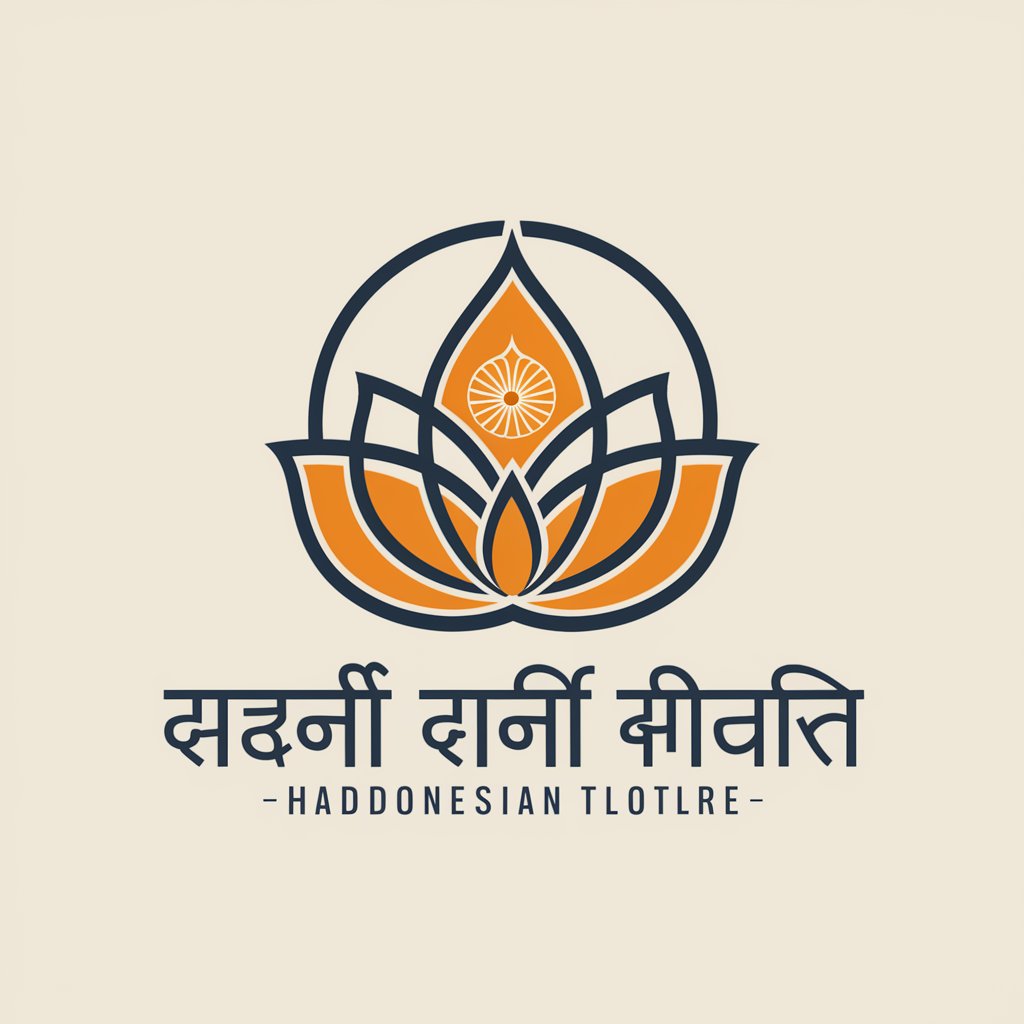
निजी पोलिश ट्यूटर
Master Polish with AI
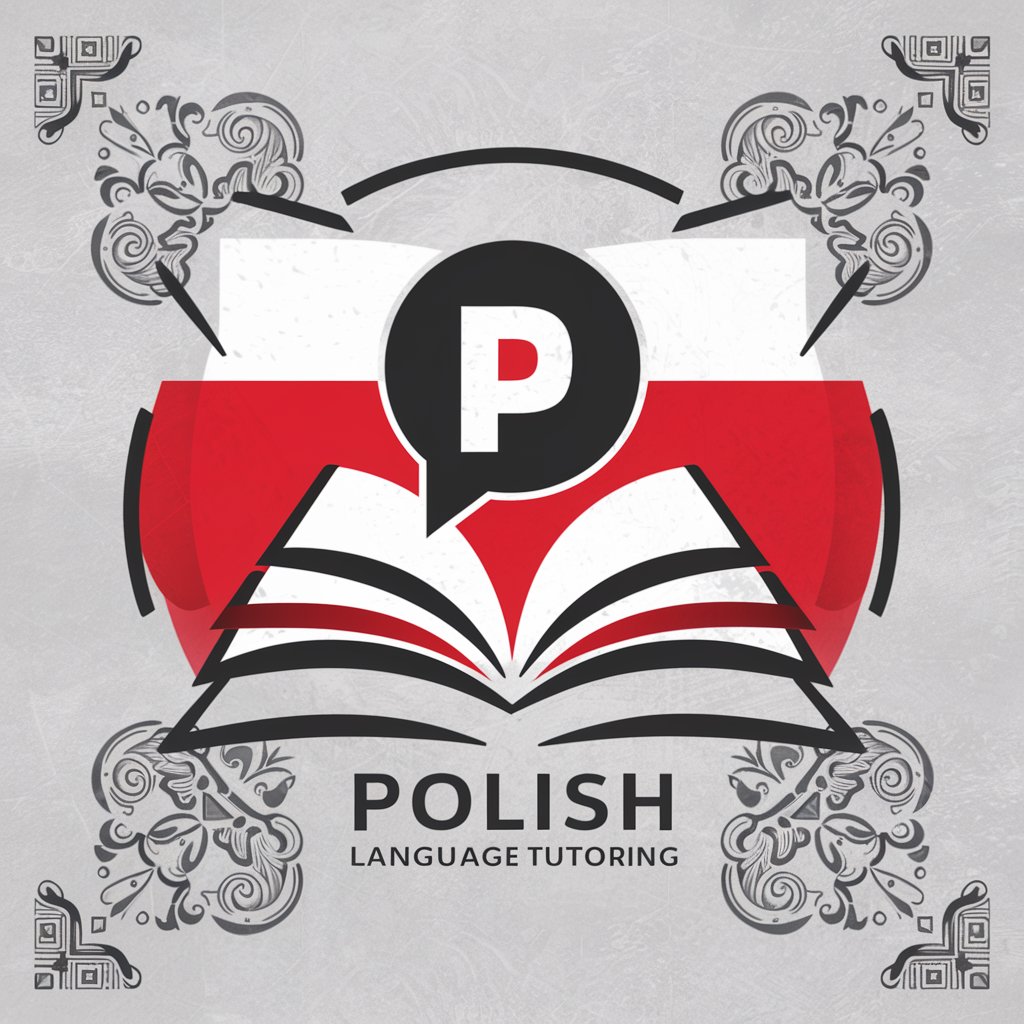
Michigan Nature Explorer
Explore Michigan’s nature with AI

MN Real Estate Agent
Empowering Real Estate with AI

InnovaName Hub - Wyvernix
Craft Your Brand's Future with AI

Thought Experiment
Unlock the potential of your imagination with AI.
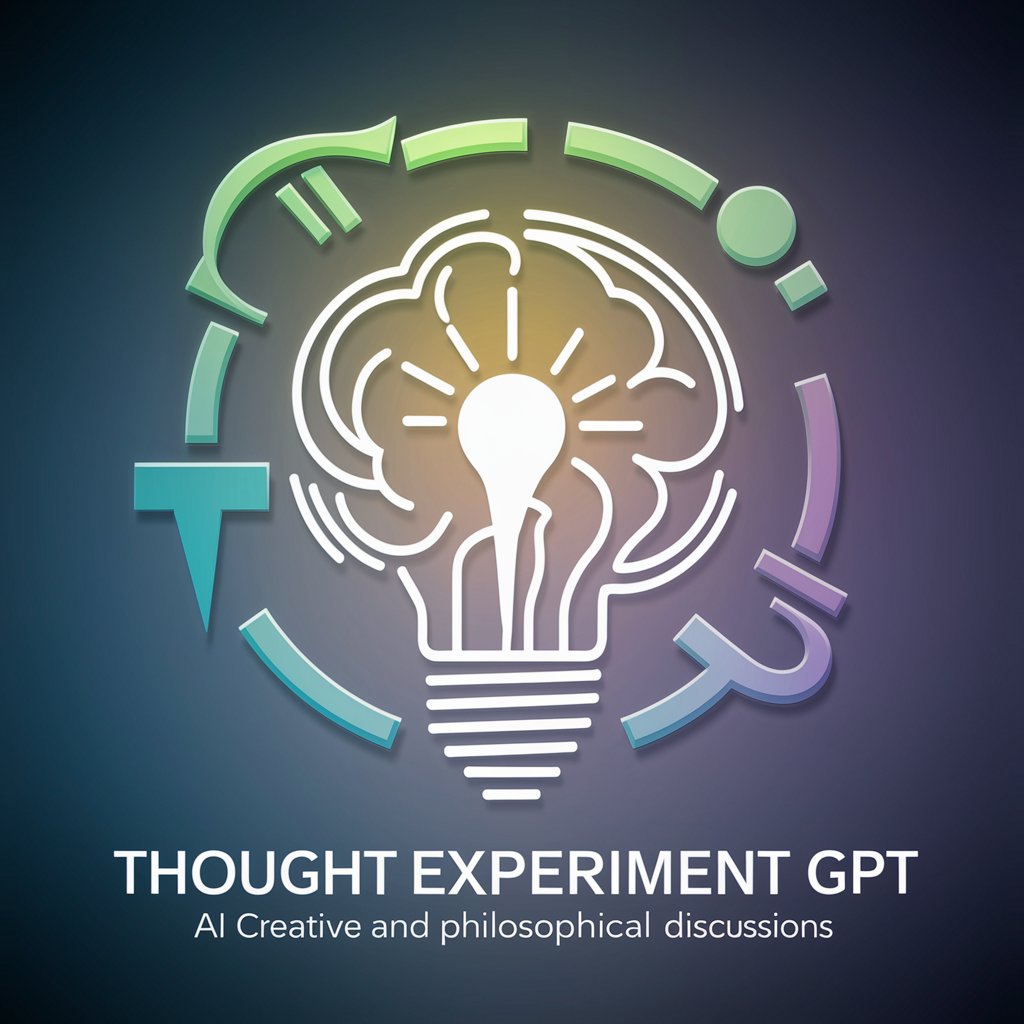
Frequently Asked Questions about Cultural Compass for Writers
What is Cultural Compass for Writers designed for?
This tool is specifically created to assist writers in portraying cultures with sensitivity and accuracy. It offers insights into cultural norms, traditions, and helps avoid stereotypes.
How often should I consult the Cultural Compass while writing?
It's beneficial to consult the Cultural Compass at key points in your writing process, such as character development, setting creation, and when incorporating cultural elements into your narrative.
Can Cultural Compass for Writers help with non-fiction works?
Absolutely. While primarily designed for fiction, this tool is equally valuable for non-fiction writers seeking to accurately represent cultural aspects in biographies, historical accounts, and travel writing.
Is Cultural Compass for Writers suitable for academic research?
Yes, it serves as a supplementary resource for academic writers who wish to ensure cultural accuracy and sensitivity in their research and writing.
What if my cultural inquiry is highly specific or obscure?
Cultural Compass for Writers is designed to handle a wide range of inquiries. For very specific or obscure questions, it suggests resources for further research and encourages consultation with cultural experts.
